
Blogging seems simple enough! But did you know that you could get in legal trouble for blogging, or at least risk angering someone you admire? Consider some basic blogging ethics and understand the legal issues with blogging. Not only do you want to keep things legal, but you want your readers to trust and respect you. Here are some ethical guidelines for blogging.
We will cover:
- Copyright & credit
- Truth & opinion
- Giveaways & contests
- Marketing & spam
- Privacy & Policies
Copyright and credit
If you’re able to write all the content for your blog, and create all the graphics and take all the photos, you will be in the clear as far as copyright infringement goes. A great side effect of all this diligence is that your blog will shine for the hard work you’re putting into it.
Not everyone has the skill and the time to create every last bit of content from scratch. If you don’t, make sure you’re using images correctly. Your only legitimate ways to gather images for your blog are:
- Create the photo or graphic yourself
- Use paid or free stock photography with an appropriate license
- Get permission from the content creator to re-use their work
Just because someone posted an image on their own site or on social media doesn’t mean it can be posted anywhere. If you will be posting images that you didn’t create, you need to have the right to do that.
When in doubt, if you’re putting any kind of content on your blog that you haven’t created yourself, you should both ask the creator for permission, and credit that person in your blog post.
If you’re re-using written content, it’s usually okay to insert an attributed quote into your text (and even better if you link back to the source). It’s not okay to re-print someone else’s entire article without permission.
If your post is based off of the original idea of someone else’s, share the credit and mention the inspiration in your post.
Truth and opinion
You may not think of yourself as a journalist, but as a blogger, you are responsible for earning your readers’ trust. You need to be clear about what is fact and what is your opinion. When speaking of others, be sure that you’ve verified what you’re writing about them. Libel is a real thing that you can get in legal trouble about.
Be transparent with your readers about what is editorial and what is advertising. Are you sharing affiliate links? Did you receive payment or get free product to blog about a certain topic? Readers need to know if they’re getting your unbiased opinion, or if your writing is affected by a relationship with an advertiser.
Giveaways and contests
Before you go wild promoting your blog or business with giveaways and contests, read up on how to do these legally. Your innocent blog giveaway may be an illegal lottery in some states. If your prize is worth enough, there will be tax concerns you need to think about.
This article gives a brief overview of how to keep your contests legit:
But Everyone Else is Doing It: Why There are So Many Illegal Social Media Contests
Marketing and spam
When promoting your blog, make sure that you do so tastefully, and steer clear of anything spammy. This means not sending unsolicited emails, not posting inappropriately about your business in public forums, and not forcing advertisements on people who aren’t looking for them.
Even in your own spaces (your blog, your social media accounts), remember that people want value from you, not an endless stream of ads.
Privacy and policies
Always respect your readers’ privacy. This means keeping their email address private, and if you collect any data about them, you shouldn’t share this information with others, or use this information inappropriately. Your emails must be opt-in, and you can’t share your email lists with other people or companies.
Make some policies for your blog and be sure to share them with your readers! What is your comments policy, privacy policy, terms and conditions for use of your site? These don’t need to be pages and pages of legalese, but could instead be a few sentences by your comments box, or a promise next to your email opt-in that you won’t share email addresses with other companies.
Did you know that the comments people write on your blog posts are not yours to use? By default, they are copyrighted by the comment poster. If you want to use that wording elsewhere on your site or in your marketing materials, you’ll need permission. You can get this permission in advance by having a comments policy stated on your site.
More help with your blog
This is a brief overview of topics to think about. If you blog, I urge you to spend some time on Google learning more about blogging ethics and legalities.
Particularly if you have an online shop, you’ll get a lot out of our other articles on blogging:
- 260 Blog Post Ideas for Creative Businesses
- Ecommerce Blogging 101: Make Your Blog a Sales Tool
- Should I Move My Huge Blog From WordPress to Shopify?
Do you have a blog? Are you thinking of starting a blog? What questions do you have about blogs for business, or blogs on ecommerce sites? Please share in the comments. I’d love to offer some personalized tips.
Originally posted on Oh My! Handmade
260 Blog Post Ideas for E-Commerce Businesses
In this downloadable PDF, I’ve put together 260 blog post ideas (which you could also use for your newsletter or Instagram), introduce you to 9 ecommerce blogs that are absolutely killing it, and give you an action plan for generating more ideas of your own and getting started.
260 Blog Post Ideas

A list of 260 blog post idea prompts for creative, product-based businesses that sell products online.
Related Posts
Let's take your online shop to the next level
The Shopify websites we design have a reputation for substantial improvements to ecommerce conversion rates and online sales. Let's talk!

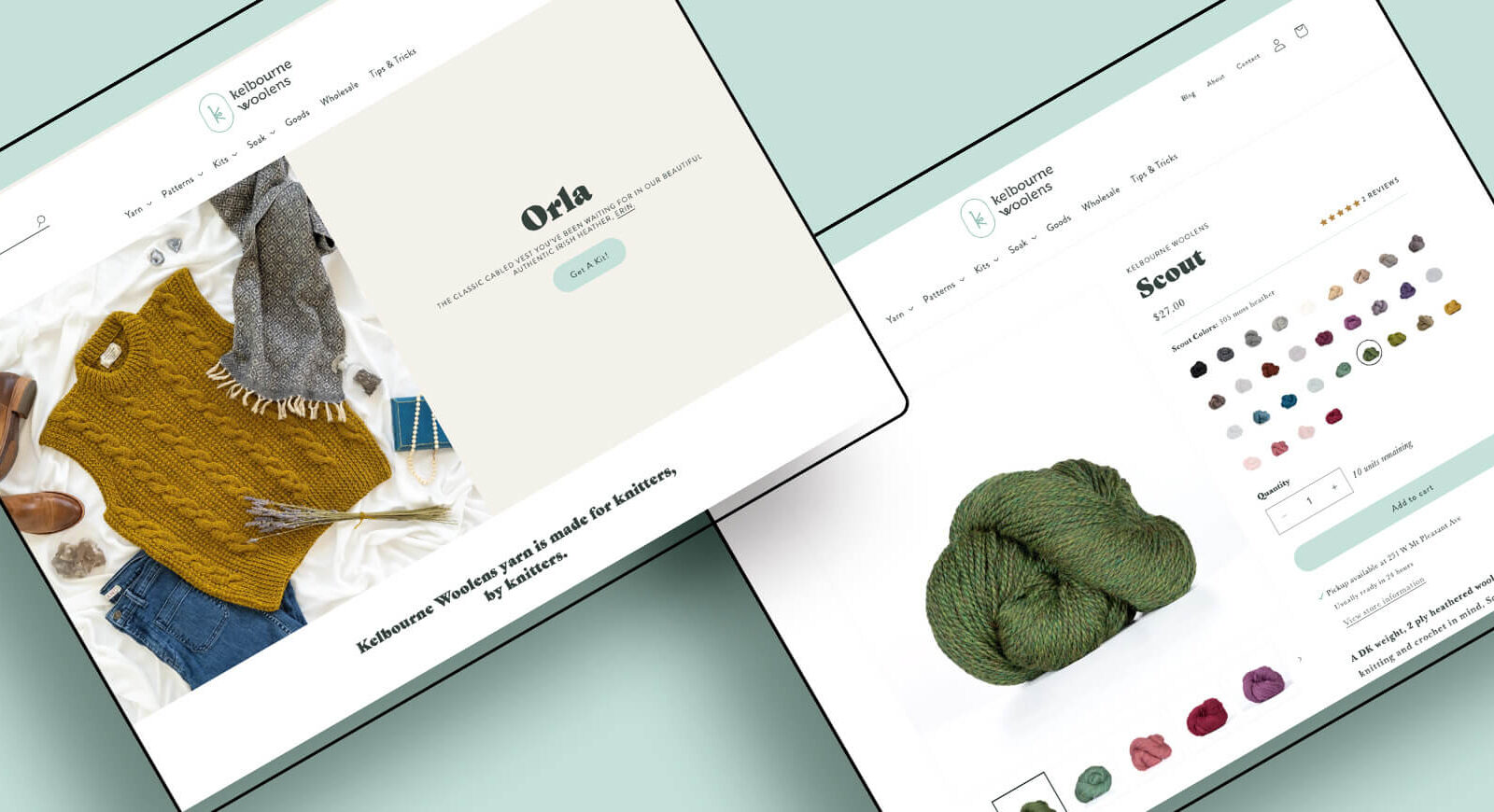
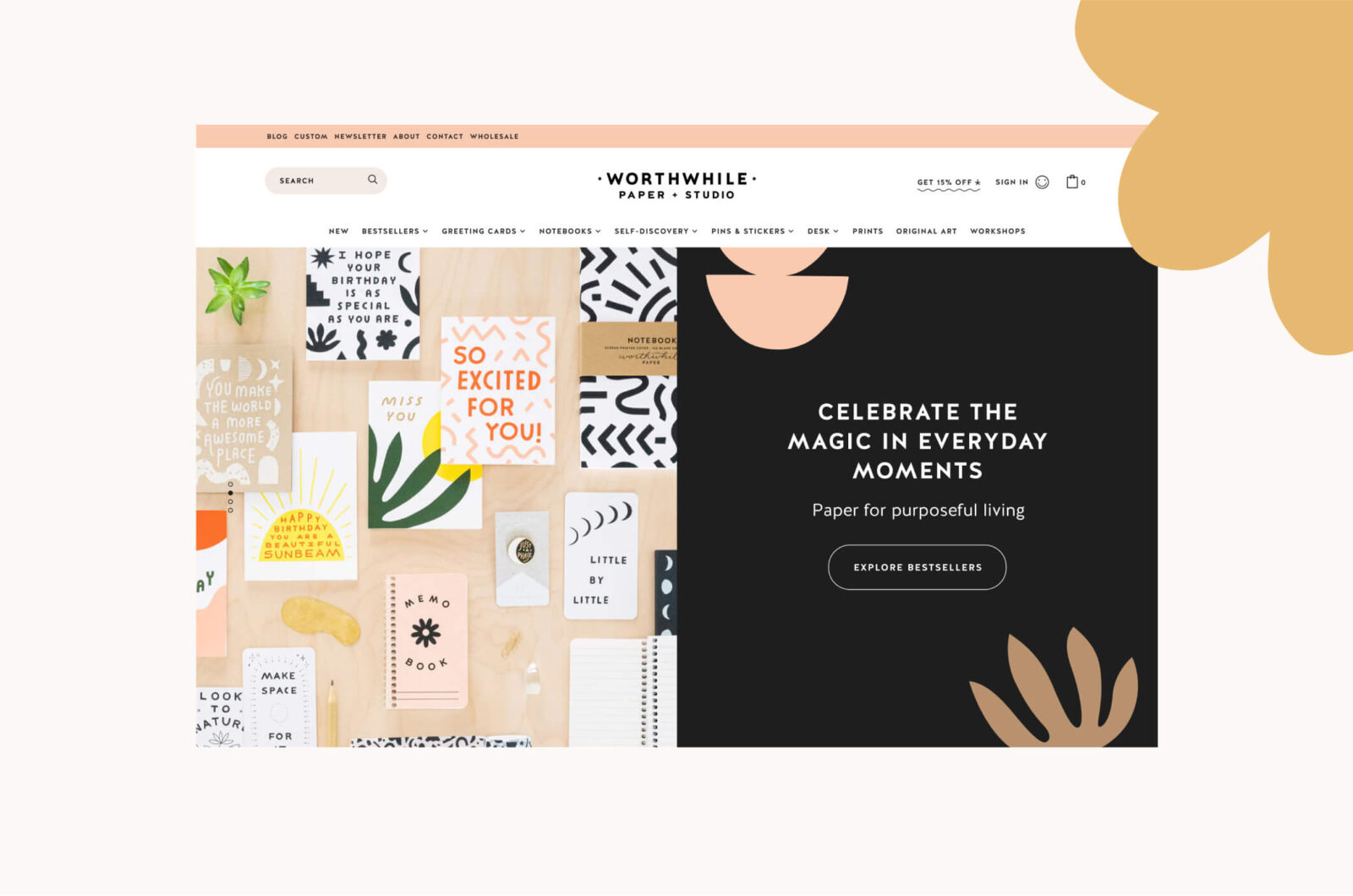




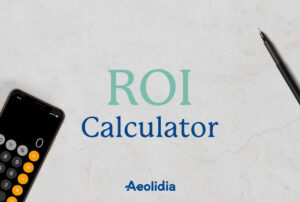


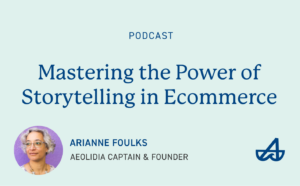

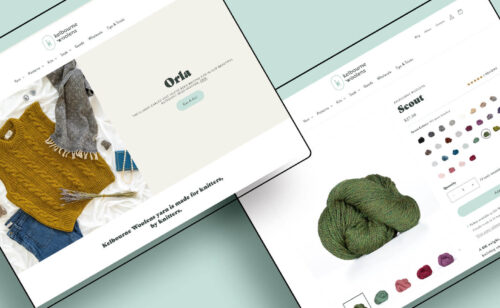
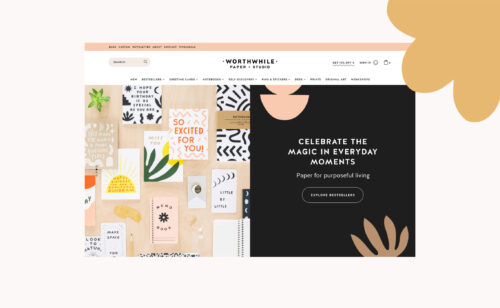


4 thoughts on “Ethical Guidelines for Blogging”